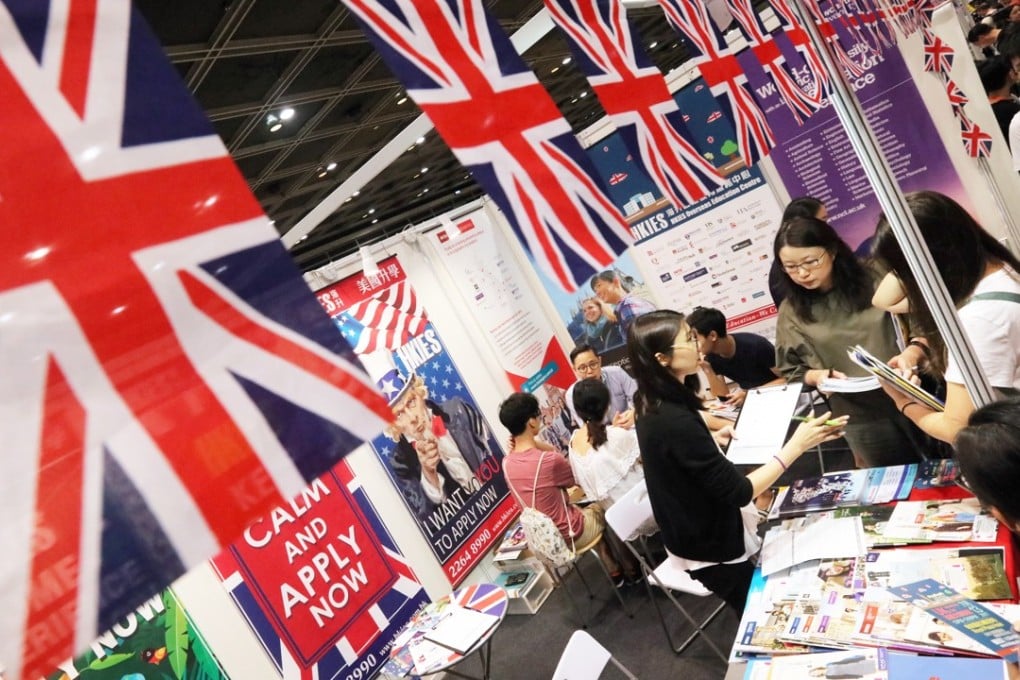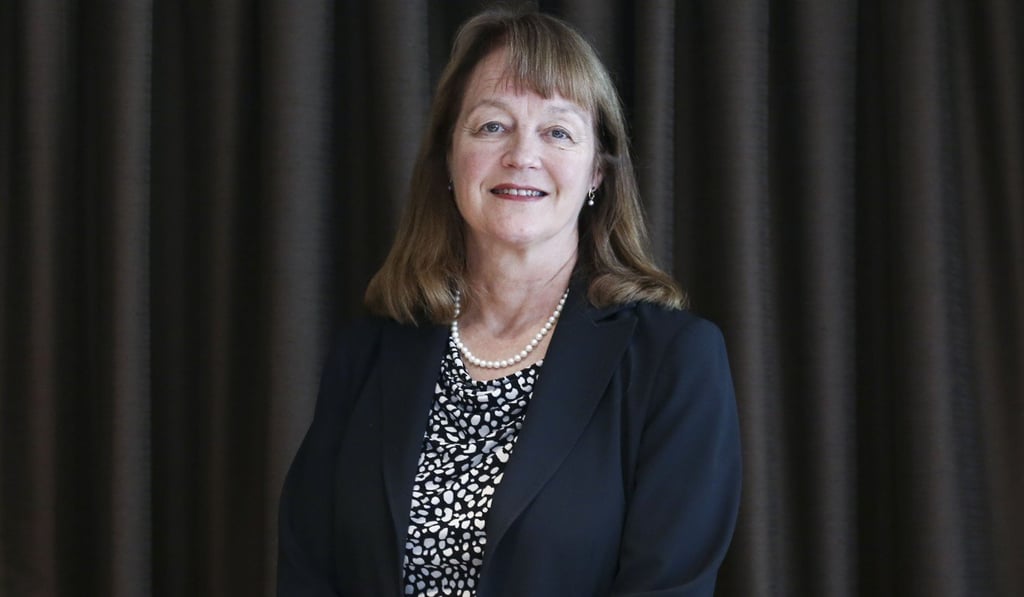British visa reform needed to keep attracting Hong Kong students after Brexit, says university president
Imperial College London president claims city’s students have enriched school’s community

Hong Kong students make a meaningful contribution to British society and worldwide, the president of a top London university has said, as she calls for visa reforms to make it easier for students to remain after graduation.
Professor Alice Gast, president of Imperial College London, spoke of how Hong Kong students had enriched the university’s community.
“It is no surprise that so many of our Hong Kong students go on to achieve great things that have an impact in the UK, Hong Kong and worldwide,” she told the Post in an interview last month.

Gast cited the examples of maritime industry leader Sabrina Chao and apparel innovator Richard Lee, whom she said were an inspiration to the university.